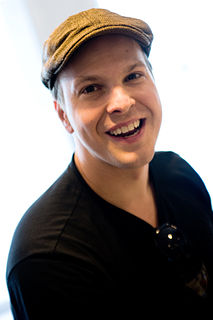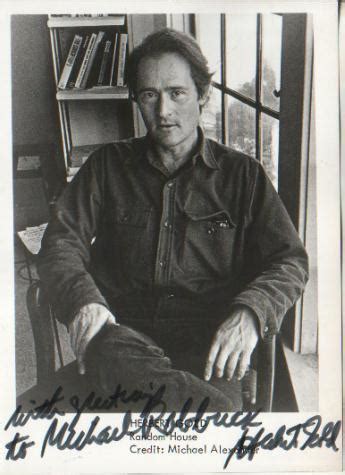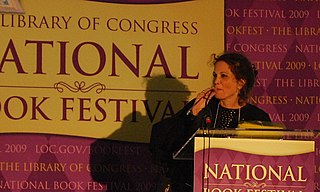A Quote by Raymond Carver
When you're writing fiction or poetry... it really comes down to this: indifference to everything except what you're doing... A young writer could do worse than follow the advice given in those lines.
Related Quotes
A couple of pieces of advice for the kids who are serious about writing are: first of all, to read everything you can get your hands on so you can become familiar with different forms of writing: fiction, non-fiction, poetry, journalism. That's very important. And also keep a journal. Not so much, because it's good writing practice. Although it is, but more because it's a wonderful source of story starters.
That is as true for fiction or non-fiction. The writer has to really know their subject. It is really important to remember that the readers are a lot smarter than the writer. Also, good writing has to do with rewriting. You will never get it right the first time. So you rewrite and rewrite again until you get it right. Until you, and the reader, will be able to visualize what you're writing about.
I dare say, ladies and gentlemen, it's even worse in some people, it's worse than the mistake they make in just assuming that there is the world and everything in it, and then there's America. And this one special place just happened. No thought's given to how. No thought's given to replicating it, even. No, that's where it gets even worse. Where it gets even worse is that some of those who look at the United States for what it is, special, no place like it on earth. Want to tear it down for that specific reason just because it's unfair.
I always ask young writers, 'Are you certain you want to be a writer? If you're absolutely sure, then do it.' If you really want to write, writing has to take precedence over everything else, except for taking care of your loved ones. It has to be more important than any possession, more important than fame. We hear about just a few writers who get famous, but most of them don't. It's got to mean more than that.
Let the writer take up surgery or bricklaying if he is interested in technique. There is no mechanical way to get the writing done, no shortcut. The young writer would be a fool to follow a theory. Teach yourself by your own mistakes; people learn only by error. The good artist believes that nobody is good enough to give him advice. He has supreme vanity. No matter how much he admires the old writer, he wants to beat him.
Poetry is the most informative of all of the arts because everything comes down to poetry. No matter what it is we are describing, ultimately we use either a metaphor; or we say "that's poetry in motion." You drink a glass of wine and say, "that's poetry in a bottle." Everything is poetry, so I think we come down to emotional information. And that's what poetry conveys.






































